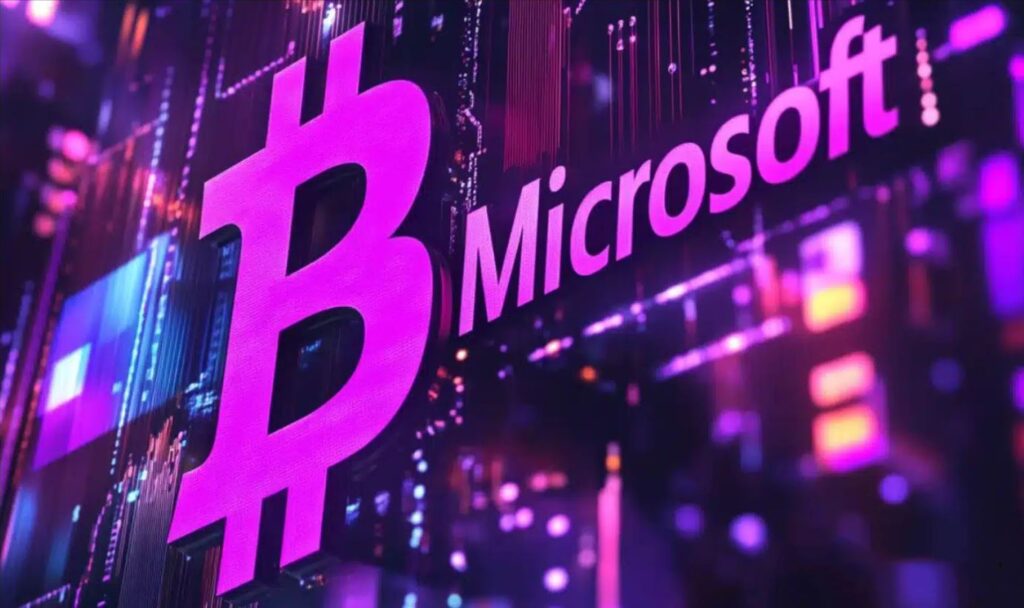Microsoft has issued an urgent security alert regarding a newly discovered malware strain known as StilachiRAT, which is specifically designed to target cryptocurrency users. StilachiRAT, a remote access trojan (RAT), has been identified as a significant threat to digital asset holders, as it stealthily targets cryptocurrency wallet extensions in web browsers like Google Chrome. The malware is capable of extracting sensitive information from at least 20 different cryptocurrency wallets, including highly popular ones such as MetaMask, Trust Wallet, Phantom, Coinbase Wallet, BNB Chain, and Bitget Wallet, among others.
The primary threat posed by StilachiRAT is its ability to detect the presence of these wallet extensions and, once identified, extract vital credentials and configuration data from them. This allows cybercriminals to gain unauthorized access to users’ wallets, ultimately enabling them to steal funds. Beyond simply targeting wallet extensions, StilachiRAT actively monitors clipboard activity on infected systems, which means it can capture and steal cryptocurrency keys, passwords, and other sensitive information that users may have copied.
What makes StilachiRAT particularly dangerous is its sophisticated capabilities for system manipulation. The malware can execute remote commands on the infected machine, clear system logs to erase any trace of its presence, and adjust registry settings to ensure continued access. To bypass detection, StilachiRAT employs advanced anti-forensic techniques, including delaying its execution and detecting security monitoring tools, making it highly challenging for traditional security software to identify and neutralize the threat.
Additionally, StilachiRAT collects detailed reconnaissance data from infected devices, such as operating system details, hardware identifiers, and a list of active applications. This data allows attackers to better understand the victim’s system and target further vulnerabilities within the device. Another alarming feature of StilachiRAT is its ability to monitor Remote Desktop Protocol (RDP) sessions. This enables cybercriminals to impersonate legitimate users and spread laterally across networks, gaining access to other devices and data within the same environment.
Although Microsoft has not yet linked StilachiRAT to a specific group of cybercriminals, the company has expressed serious concern over the malware’s advanced evasion tactics and stealthy nature. As a result, StilachiRAT poses a significant risk to cryptocurrency users who rely on browser-based wallet extensions to manage their digital assets.
The crypto community has long been a target for various forms of cyberattacks, with malware, phishing schemes, and other malicious tactics used to exploit vulnerabilities in both individual users and larger platforms. This latest threat highlights the growing sophistication of cybercriminals who are increasingly focused on targeting digital asset holders.
In light of the StilachiRAT threat, Microsoft has urged users to be vigilant and take necessary precautions to protect their devices and wallets. Users should download software only from official sources and enable real-time protection with tools like Microsoft Defender. They should also activate cloud-delivered security features and use SmartScreen to block malicious websites. Regularly updating software, including web browsers and wallet extensions, is essential to ensure the latest security patches are applied.
The StilachiRAT malware’s emergence is a stark reminder of the ongoing cybersecurity risks faced by cryptocurrency users. With the increasing use of decentralized finance (DeFi) platforms and blockchain-based applications, the threat landscape continues to evolve, with more sophisticated attacks targeting the wallets and funds of digital asset holders. Therefore, it’s crucial for all crypto users to stay informed about potential threats and implement robust security measures to protect their assets from being compromised. Cryptocurrency holders should also be cautious about phishing attempts and avoid sharing private keys, seed phrases, or personal wallet credentials with anyone, even if the request appears legitimate. As the sector grows, it’s evident that cybersecurity will remain a top priority, with both individuals and companies needing to stay one step ahead of malicious actors looking to exploit the growing digital economy.


Thanks for sharing
Il faut impérativement trouver une solution pour parrer à ce désagrément